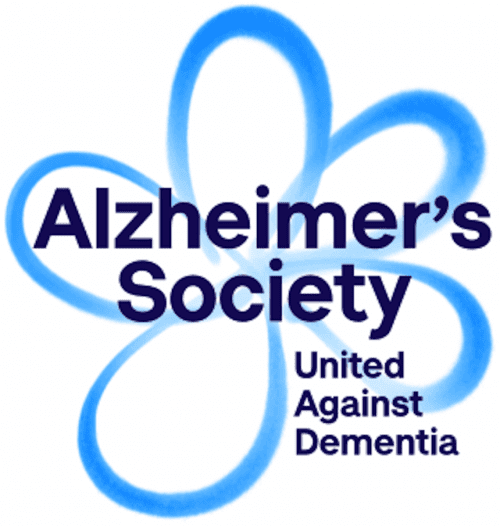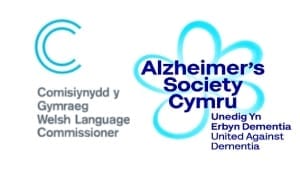Bilingualism is an important factor when caring for dementia
The needs of Welsh speakers living with dementia are not met and even though national policies state that care through the medium of Welsh is a clinical need not a matter of choice, this is not reflected in the grassroot services available.
These are some of the main findings in a report published today (Wednesday the 7th of November), ‘Welsh Speakers’ Dementia Care’ by the Welsh Language Commissioner and Alzheimer’s Society Cymru. The project involved research consulting with people affected by dementia and their carers.
The report shows that the effect of dementia on bilingual people, who speak both English and Welsh, is different to its effect on monolingual patients. One example given was a patient in a care home who didn’t speak at all, and the staff were not aware that he spoke Welsh.
The manager of the care home said:
“We presumed that he couldn’t speak, until one of the managers said a few words in Welsh and he started speaking straight away. Not broken Welsh but fully fluent…the opportunity to speak Welsh had a huge effect on him.”
There are also examples of how the choice of language can agitate or pacify a person affected by dementia and how some patients arrived in a care home speaking both languages but reverted to the language that they learnt first as their condition deteriorated.
The report also looks at how people affected by dementia are assessed, and how the medium of the test can affect the result. There is a quote from an academic research (Morgan and Cowder), which shows that people scored differently when they did a test in Welsh (first language) compared to English (second language).
The report concludes with a number of recommendations that the Welsh Language Commissioner and Alzheimer’s Society Cymru are calling for. Meri Huws, Welsh Language Commissioner said:
“Despite the commitment noted in current legislation, it has come apparent from this report that Welsh is an ‘added’ consideration to dementia care. We also question the degree in which the targets set in the Welsh Government’s ‘More than Words’ project are implemented. If they are not implemented, steps should be taken to rectify this.”
Sue Phelps, Country Director for Alzheimer’s Society Cymru added:
“The results from this research clearly shows that failure to deliver services in the most appropriate language can lead to delay in diagnosis and impact the planning and delivery of care to Welsh speakers with dementia.
“Alzheimer’s Society is committed to reaching every person who has a dementia diagnosis that wants our help. Last month we launched Dementia Connect in Wales, a personalised service which aims to support every person affected by dementia through advice and support and at every stage.
“We recognise, and it is illustrated in this report, that providing services through the language that feels natural is a basic clinical need and we are leading on this by ensuring Dementia Connect is available in the Welsh language.”
The full report is available on the Welsh Language Commissioner’s and Alzheimer’s Society Cymru’s websites.

|
| Help keep news FREE for our readersSupporting your local community newspaper/online news outlet is crucial now more than ever. If you believe in independent journalism,then consider making a valuable contribution by making a one-time or monthly donation. We operate in rural areas where providing unbiased news can be challenging. |























